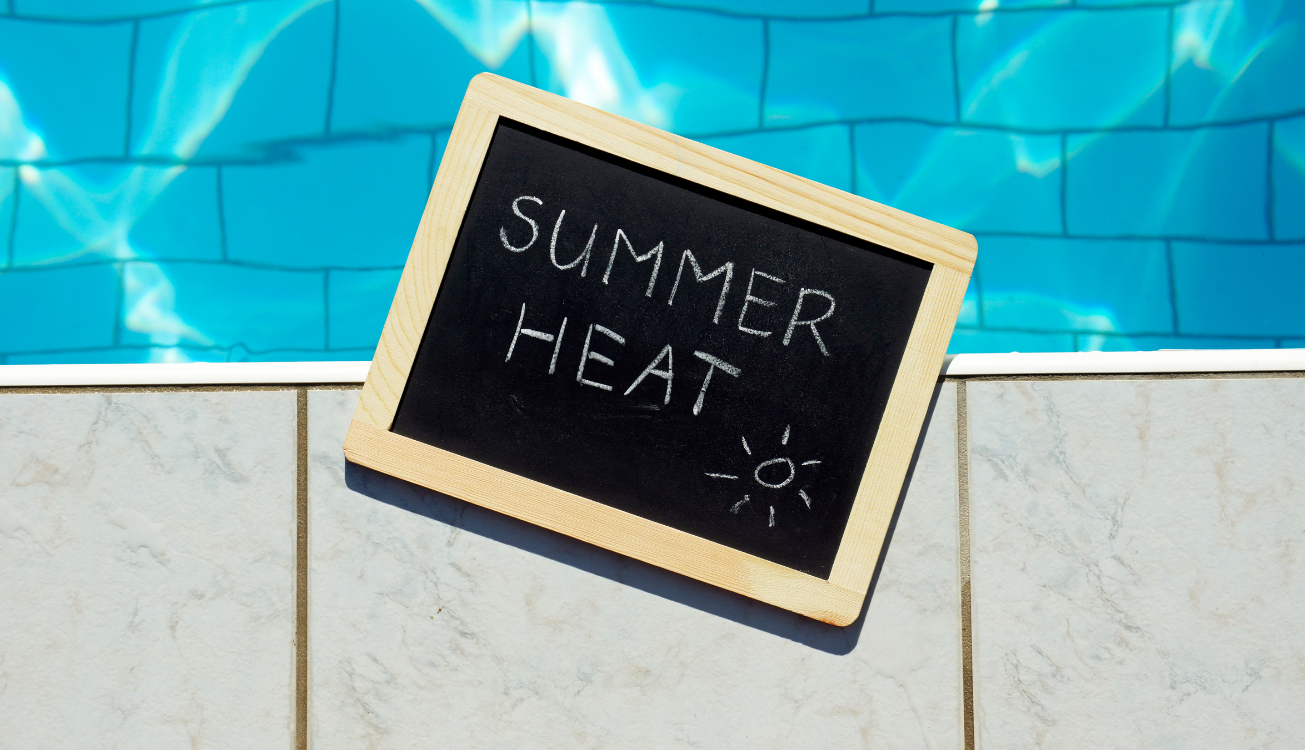If you have COPD or asthma, you know that summer heat can trigger or worsen symptoms. Understanding how heat and increased pollen levels can affect your lungs and breathing passages can help you be better prepared for preventing and treating symptoms. Keep reading to learn how to reduce your risks of a flare up in the summer months and warmer climates.
How does heat affect COPD?
Extreme heat and humidity, especially temperatures above 90 degrees can exacerbate shortness of breath. Breathing in hot or humid air can cause more irritation in airways that are already inflamed due to COPD.
Tips for breathing easier in the summer heat:
1. Monitor the Weather
Stay on top of your local weather forecast so you can plan your outdoor activities to your benefit. Plan any recreational activities or errands during the coolest hours of the day to help prevent flare ups. Downloading a weather app on your smart phone or tablet for real-time alerts can also be helpful.
2. Keep Cool
When your body becomes overheated, it requires more oxygen to help bring your temperature down. Often times this results in breathlessness. To help avoid this, try staying indoors for the hottest parts of the day. If you do go outside, do your best to stay in shaded areas.
3. Hydrate
Staying hydrated is always important, but even more so when temperatures climb high. Try to avoid drinks that have caffeine (tea, coffee, colas), alcoholic beverages, and drinks that are high in sugar - these all add to dehydration.
4. Be aware of Allergens
Summertime means plants are blooming and producing allergens. These allergens often make COPD symptoms worse. The extra coughing and sneezing from seasonal allergies can make it more difficult to control COPD or asthma symptoms. If you struggle with seasonal allergies, you may want to consult your doctor on how to best cope with your symptoms.
5. Plan Ahead
Try to limit outings to the early morning or after the sun goes down. For the rest of the day, stay indoors with air conditioning or where it's coolest and remember to hydrate.
6. Avoid the Heat & Humidity
If humidity and temperatures are rising, your best option is staying indoors (with air conditioning if possible), and out of direct sun or heat. Using a small dehumidifier in your home can help combat excessive humidity.
7. Stay Active
Even if the summer months have you spending a lot more time indoors, always make sure you're staying active with indoor activities. Staying active is important for maintaining a healthy lifestyle that can help reduce shortness of breath.
Remember to discuss a plan with your doctor and see what would be best for you this summer season. You can worry less about complicating your health by taking extra caution with these helpful steps to keep you going!




.png?width=767&name=COPD%20in%20the%20cold%20(2).png)









